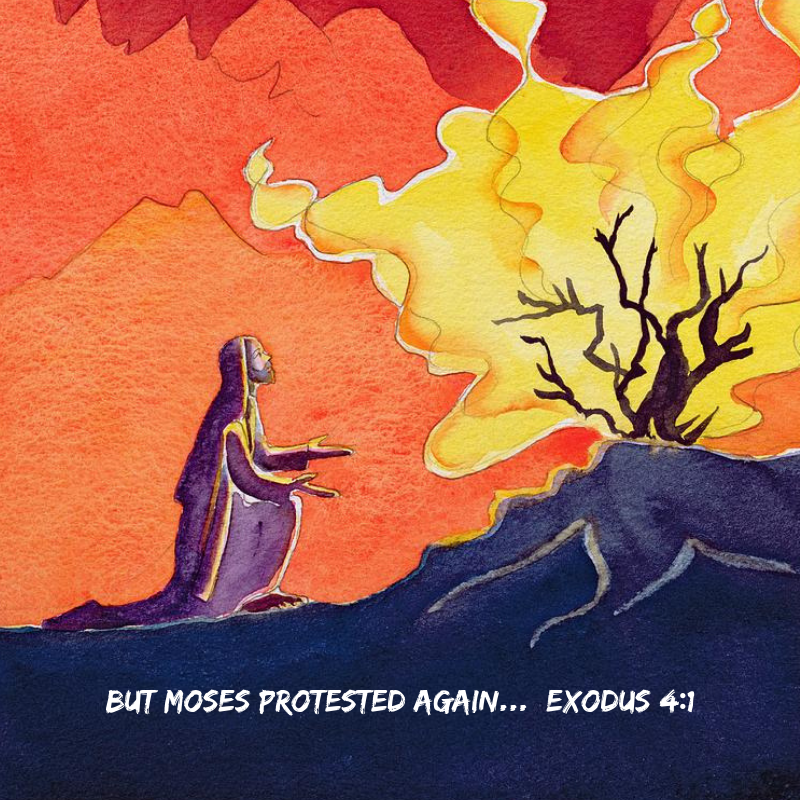1 Kings 5
It must have been quite a privilege to work on building the temple of God. Many tens of thousands of Israelites were involved in the process, as well as some foreigners. This was the little tidbit that caught my eye: "So give orders that cedars of Lebanon be cut for me. My men will work with yours, and I will pay you for your men whatever wages you set. You know that we [Israelites] have no one so skilled in felling timber as the Sidonians." (vs 6)



















